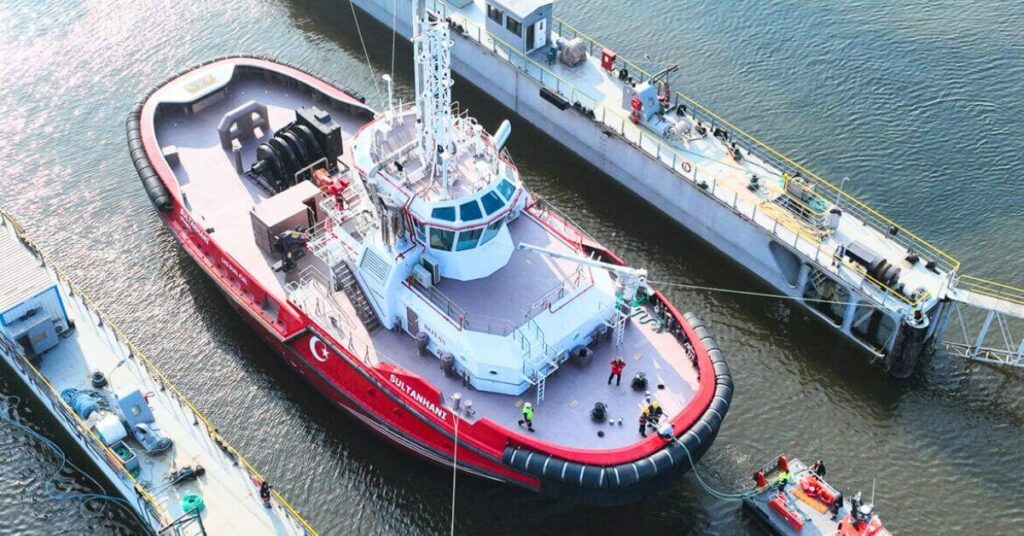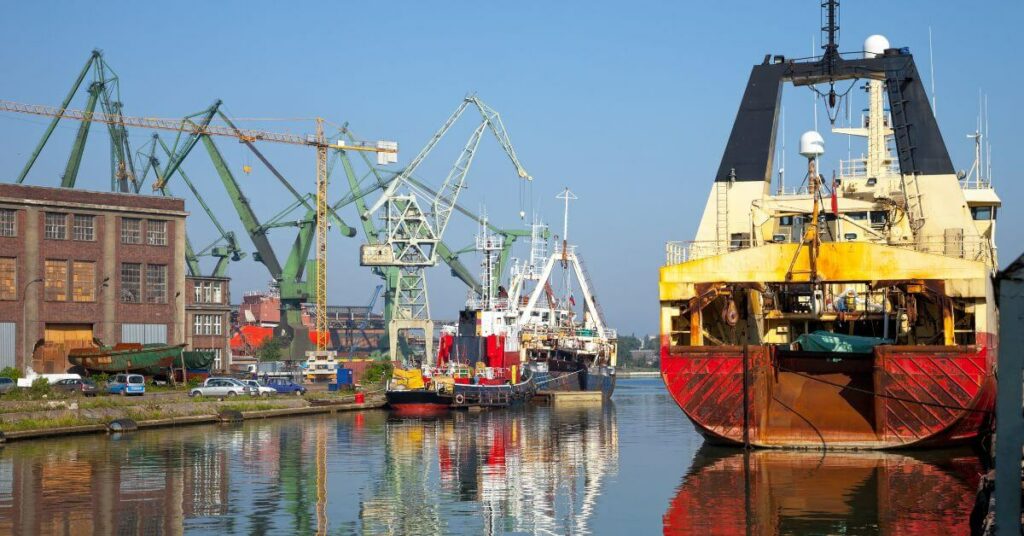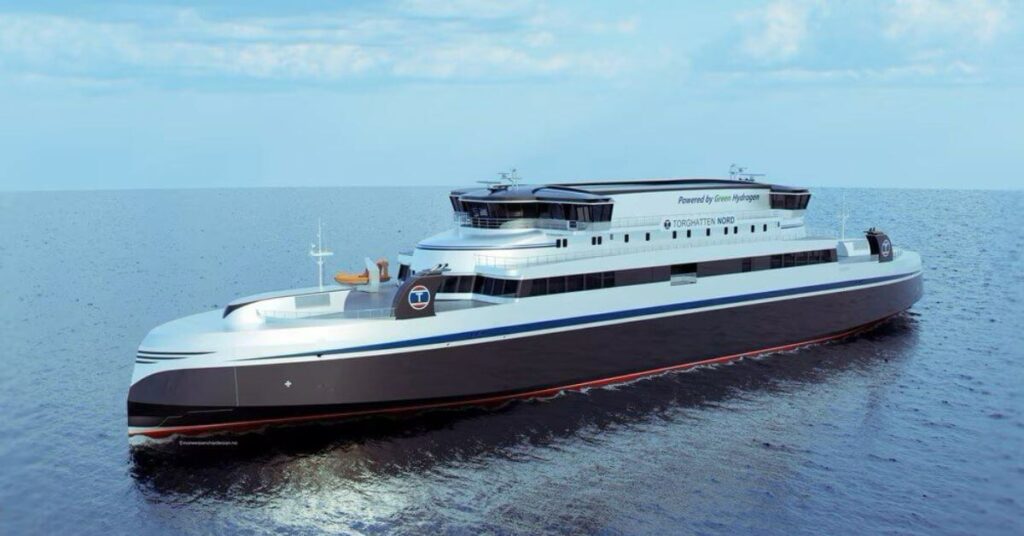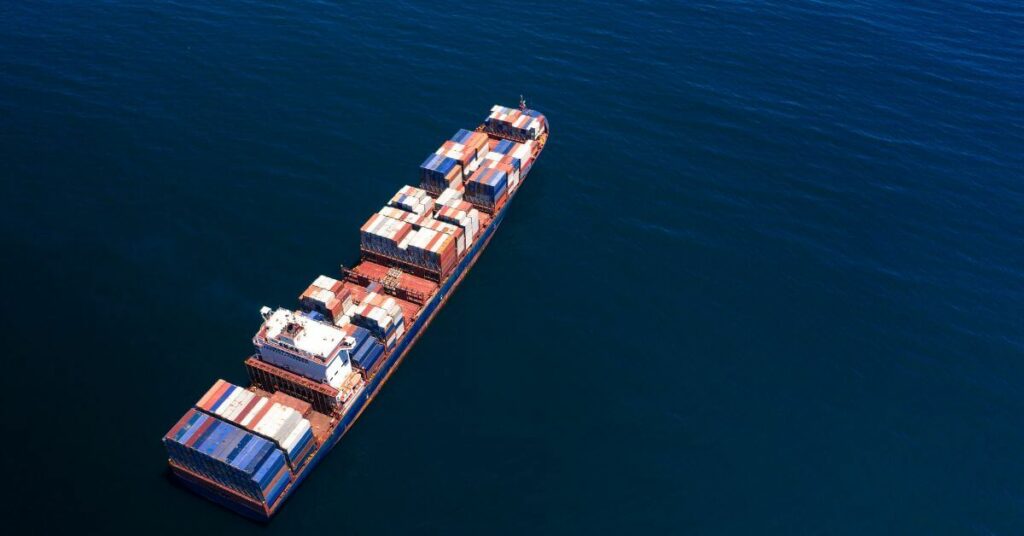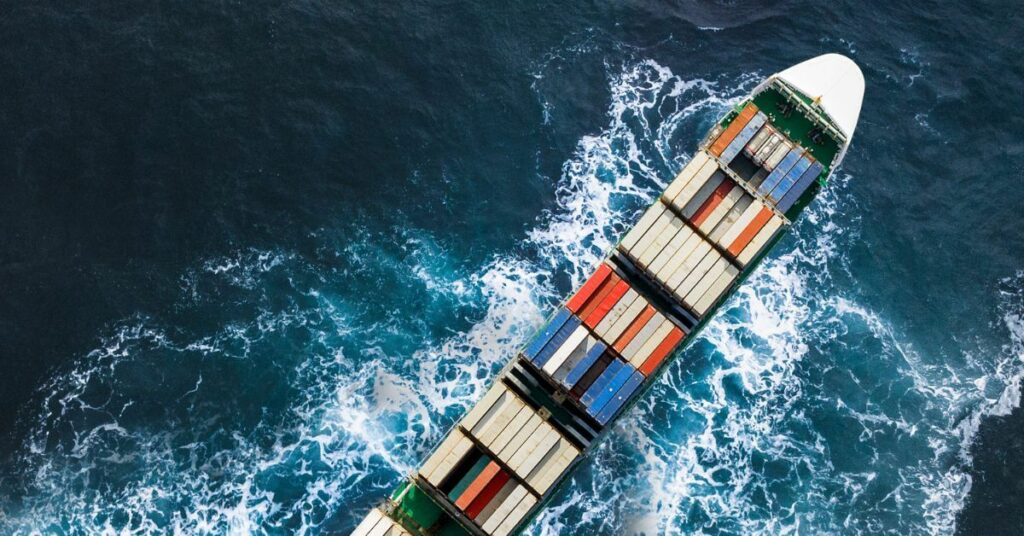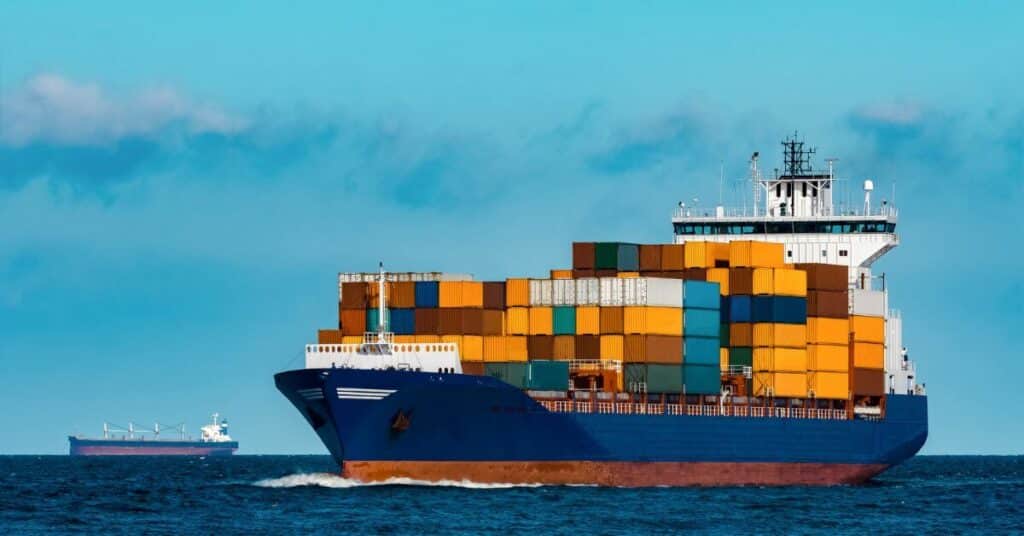IMO: Africa Moves Towards A Sustainable Maritime Future
A wide-ranging discussion during the “Africa@Nor-Shipping” event in Oslo, Norway (5 June) explored a host of topics related to unlocking the full potential of Africa’s blue economy. Three separate expert panels addressed competition among different maritime sectors, ocean governance and the importance of complying with international regulatory regimes, particularly IMO’s ship safety, maritime security and environment rules.
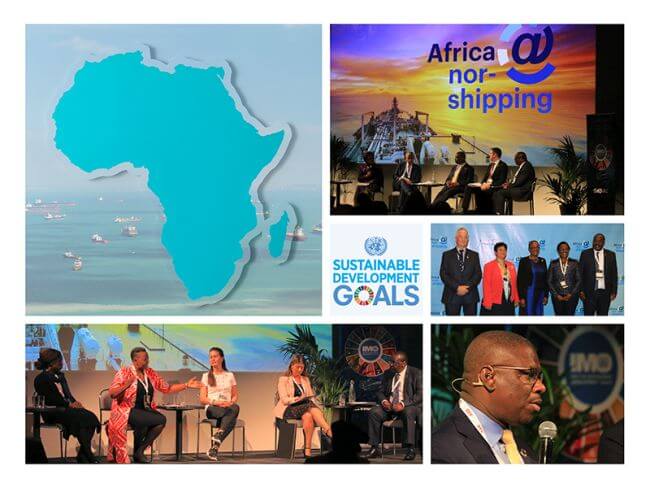
Much discussion (photos) centred around viewing challenges as chances to grow, and the need to learn lessons from the past. Ensuring African ownership and participation was highlighted as a key aim. Speakers from IMO outlined the organisation’s own extensive involvement in helping build institutional and technical capacity in Africa at the national and regional level. IMO is strongly aligned with a range of pan-African initiatives such as the 2050 African Integrated Maritime Strategy.
The need to turn adversity into opportunity was a recurrent theme. One panellist referred to the billions of dollars currently lost to illegal, unreported and unregulated fishing and the enormous potential those sums held for positive impacts – if they could be recovered or diverted. Discussion on law enforcement, security and regulatory compliance continually highlighted the vital need for a collaborative and holistic approach at national level. Different government departments and agencies with a stake in such areas must coordinate and communicate with each other. Countering a tendency for “thinking in silos” has been a cornerstone of IMO’s engagement in Africa for many years.
Looking ahead, panelists agreed that future maritime development in Africa must be sustainable – clearly spelled out as development that would continue to benefit future generations. Linkages to the Sustainable Development Goals were not just desirable but necessary. One speaker talked of the need to avoid “institutional paralysis”. In this context, IMO outlined how it can help governments throughout the continent to galvanise, enhance and mobilise their resources to achieve sustainable development.
Participants were reminded that 38 of 54 African countries are coastal States – and more than 90% of Africa’s imports and exports are transported by sea: Africa’s future depends on healthy oceans and a sustainable blue economy. There was also a call for the African Union, which took part in the event, to take leadership in efforts to bring about this vision of a sustainable blue economy.
In keeping with this year’s World Maritime Day theme, the final panel featured a lively discussion on the importance of promoting gender equality in Africa’s maritime sector. Mindsets are changing, panellists reported, but not quickly enough. Gender stereotypes built up over generations need to be broken down if the full potential of Africa’s blue economy is to be realised.
The panels were moderated by JJ Shiundu, who heads IMO’s Technical Cooperation division.
Reference: imo.org
Disclaimer :
The information contained in this website is for general information purposes only. While we endeavour to keep the information up to date and correct, we make no representations or warranties of any kind, express or implied, about the completeness, accuracy, reliability, suitability or availability with respect to the website or the information, products, services, or related graphics contained on the website for any purpose. Any reliance you place on such information is therefore strictly at your own risk.
In no event will we be liable for any loss or damage including without limitation, indirect or consequential loss or damage, or any loss or damage whatsoever arising from loss of data or profits arising out of, or in connection with, the use of this website.
Disclaimer :
The information contained in this website is for general information purposes only. While we endeavour to keep the information up to date and correct, we make no representations or warranties of any kind, express or implied, about the completeness, accuracy, reliability, suitability or availability with respect to the website or the information, products, services, or related graphics contained on the website for any purpose. Any reliance you place on such information is therefore strictly at your own risk.
Do you have info to share with us ? Suggest a correction
About Author
Marine Insight News Network is a premier source for up-to-date, comprehensive, and insightful coverage of the maritime industry. Dedicated to offering the latest news, trends, and analyses in shipping, marine technology, regulations, and global maritime affairs, Marine Insight News Network prides itself on delivering accurate, engaging, and relevant information.

About Author
Marine Insight News Network is a premier source for up-to-date, comprehensive, and insightful coverage of the maritime industry. Dedicated to offering the latest news, trends, and analyses in shipping, marine technology, regulations, and global maritime affairs, Marine Insight News Network prides itself on delivering accurate, engaging, and relevant information.
Latest Shipping News Articles You Would Like:
Subscribe To Our Newsletters
By subscribing, you agree to our Privacy Policy and may receive occasional deal communications; you can unsubscribe anytime.




